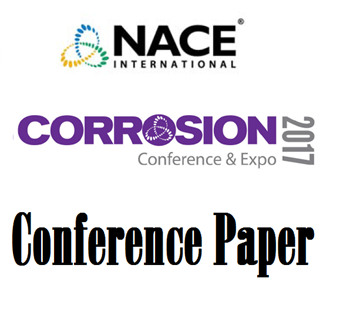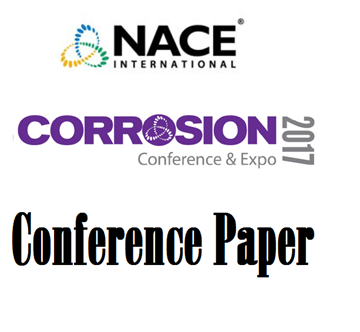Search
51316-7592-Effect of ppb Levels of Chloride on the Stress Corrosion Cracking of Pressure Vessel Steel
Also Purchased
10287 Critical Stress Corrosion Cracking Potentials of Stainless Steels in Dilute Chloride Solutions
Product Number:
51300-10287-SG
ISBN:
10287 2010 CP
Publication Date:
2010
$20.00
Assessing Stress Corrosion Cracking Risks on Stainless Steel Piping and Equipment
Product Number:
51317--8899-SG
ISBN:
8899 2017 CP
Publication Date:
2017
$20.00
51317--9518-Chloride Stress Cracking of an Austenitic Stainless Steel Pipe Fitting in a Hydroprocessing Unit
Product Number:
51317--9518-SG
ISBN:
9518 2017 CP
Publication Date:
2017
$20.00




